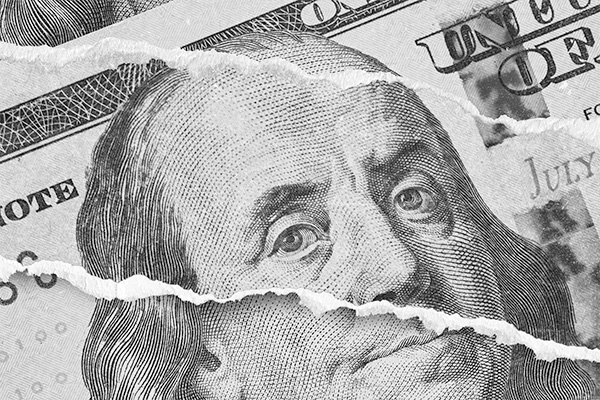FloridaInsuranceLitigationAttorneys
The Louis Law Group serves clients throughout Florida. We take immense pride in our dedicated team of attorneys who are committed to delivering exceptional legal services. We understand that navigating legal matters can be challenging—that’s why our experienced insurance litigation attorneys work directly to get you the compensation you deserve.
Get a FREE case evaluation today.
We have recovered over $200,000,000 for our clients.
If you’ve encountered property damage, been in an accident, had a health claim denied, or need assistance with an SSDI claim, you will likely need to deal with an insurance provider. Unfortunately, this can be a drawn-out process, and it’s far too common for valid claims to be unfairly denied. As your trusted insurance attorneys, we don’t simply wait to see how your insurer responds. Instead, we use our knowledge and determination to negotiate directly on your behalf and secure what you may be rightfully owed.

Practice Areas
Legal Representation for Insurance Claims
We fight for the compensation you deserve.
Our experienced team of attorneys is dedicated to providing personalized advocacy for your insurance claim. Whether you've suffered property damage, need assistance with a personal injury, require help with an SSDI claim, or have issues with your health insurance, we’re here to help. We’re committed to securing the compensation you deserve.
Property Damage
Property damage law in Florida pertains to damage to tangible items, such as vehicles, homes, and personal belongings. Whether it’s a hurricane-damaged roof, a fender-bender in a parking lot, or vandalism to a storefront, Florida’s legal framework offers clarity on determining liability and ensuring rightful compensation for affected parties.
SSDI
Social Security Disability Insurance (SSDI) is a federally run program designed to provide financial support to individuals who are unable to work due to a long-term disability. Navigating the SSDI process can be intricate, and understanding its aspects within the Florida context can be pivotal for claimants.
Personal Injury
Personal injury law in Florida is designed to protect individuals who have suffered harm due to the negligence or wrongful actions of another party. Whether it’s a slip and fall at a store, a car accident on I-95, or a medical mishap, Florida’s laws ensure victims have a legal pathway to seek compensation.
Health Insurance
Health insurance plays a pivotal role in ensuring Floridians receive essential medical care without incurring insurmountable expenses. Whether you’re an individual seeking coverage or an employer offering benefits, understanding Florida’s health insurance landscape can be crucial.
How it Works
No Win, No Fee
We like to simplify our intake process. From submitting your claim to finalizing your case, our streamlined approach ensures a hassle-free experience. Our legal team is dedicated to making this process as efficient and straightforward as possible.
You can expect transparent communication, prompt updates, and a commitment to achieving the best possible outcome for your case.
Free Case EvaluationLet's get in touch
We like to simplify our intake process. From submitting your claim to finalizing your case, our streamlined approach ensures a hassle-free experience. Our legal team is dedicated to making this process as efficient and straightforward as possible.
12 S.E. 7th Street, Suite 805, Fort Lauderdale, FL 33301
